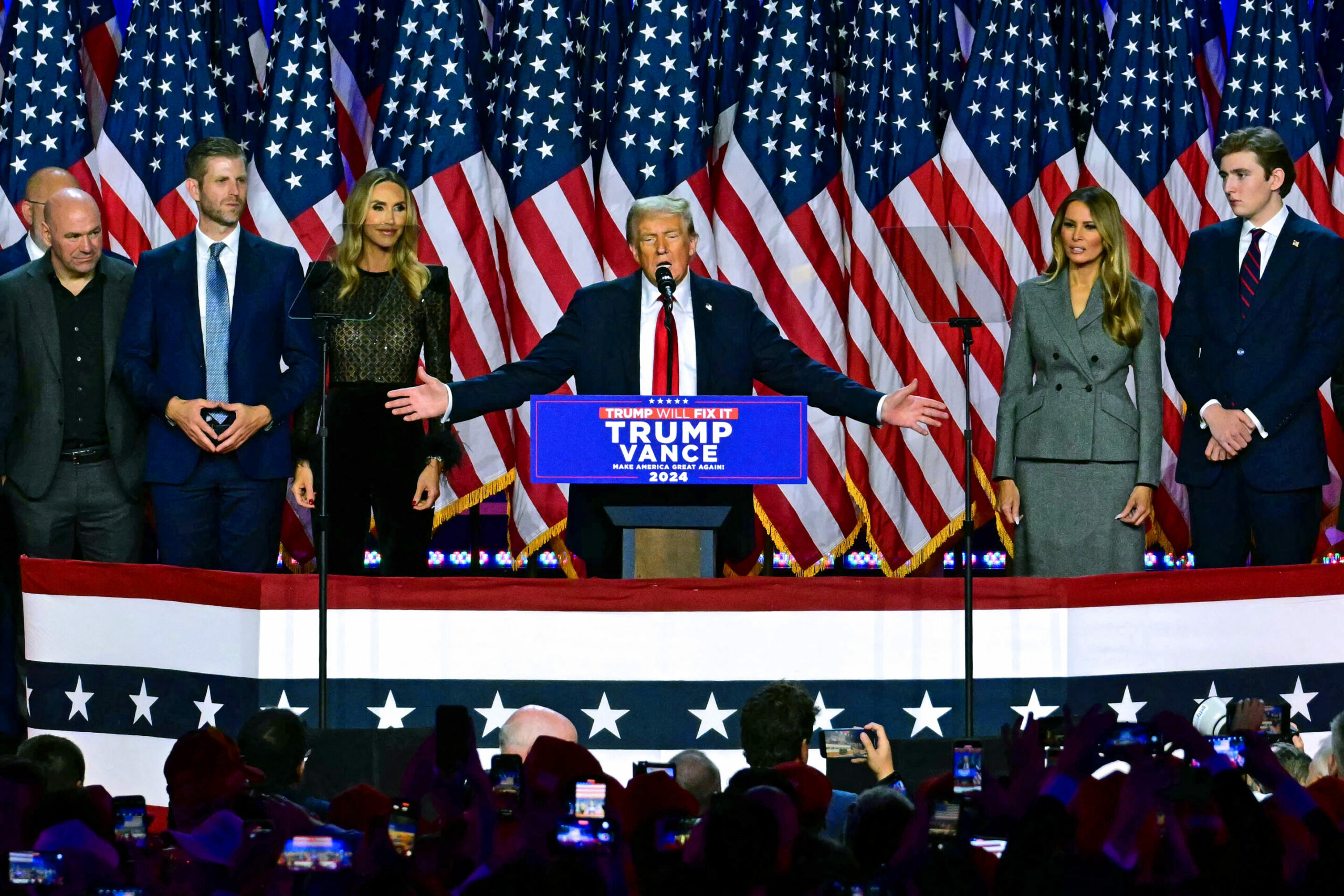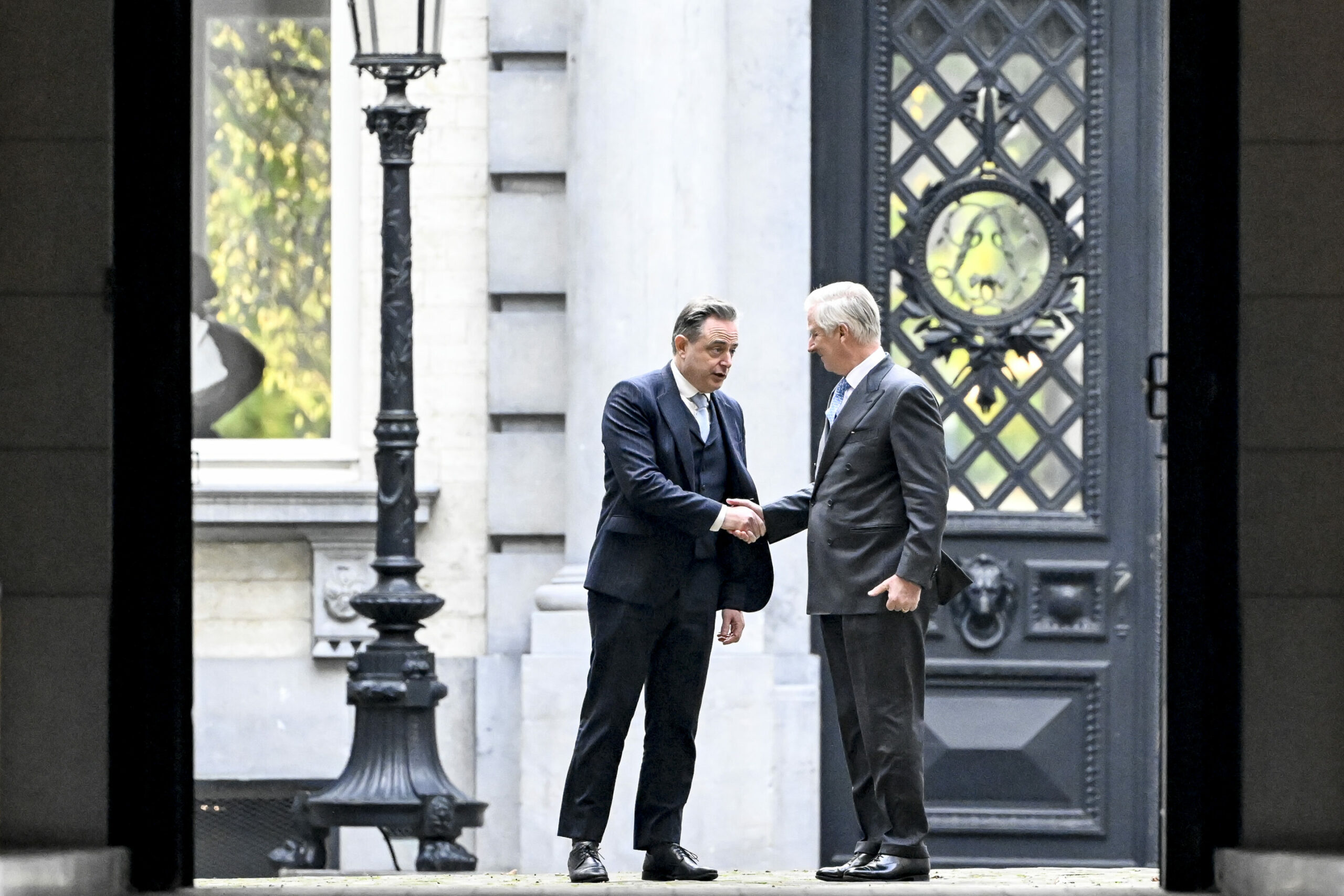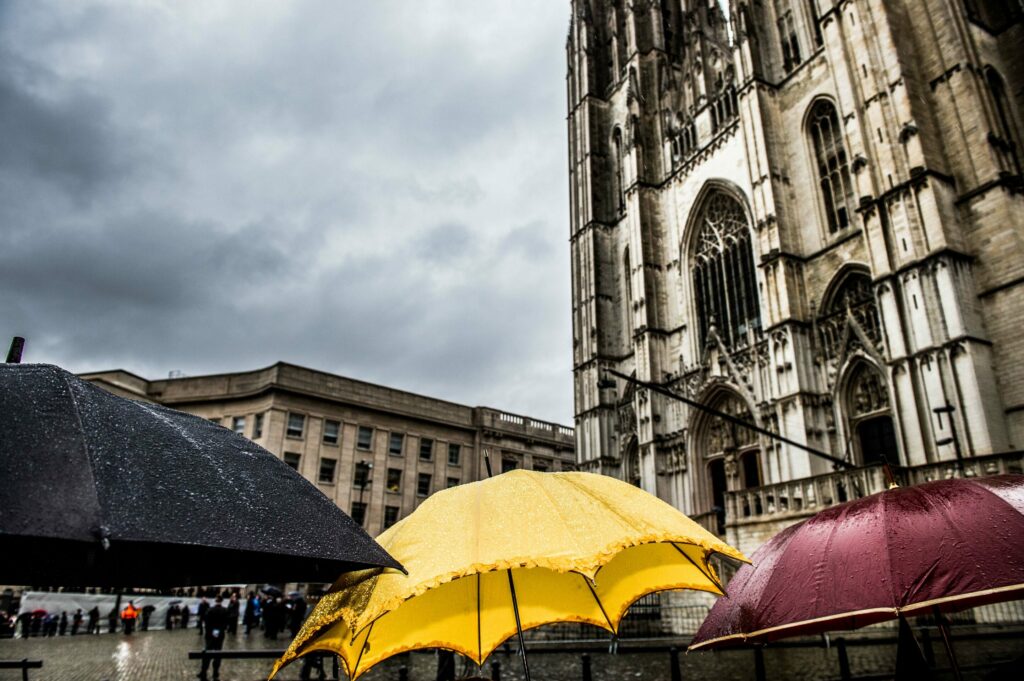Belgians are often quite indifferent about having frequent long periods without a government – yet these fast-changing times make it a particularly bad time for the country not to have a fully functional leadership.
While most Belgian headlines agonise about the repercussions of not having a crucial budget plan by next year, some are stressing the implications for the country in the increasingly hostile global context – particularly following Donald Trump's reelection as US President. This is the case being argued by Alexander Mattelaer, Senior Research Fellow at the Royal Egmont Institute and Associate Professor at VUB.
"What has changed now is mainly our perception, but the reality has been the same for a long time: an international environment that is becoming more and more challenging, for which this country has not really prepared itself and from which it has even looked away," Mattelaer told The Brussels Times.
"In that sense, this is a very bad time not to have a government. The fact that we are still in a period of current affairs only reinforces our weak international position," he said.
Belgium's big brother?
On Tuesday, federal formator Bart De Wever (N-VA) was given another two weeks to "break the impasse" in the current government negotiations. Without a budget for 2025, all government administrations must continue to work on a temporary rhythm of so-called "provisional twelfths." This means that every month, the country will only be able to spend one-twelfth of the total it spent last year.
"This severely limits the extent to which Belgium can look ahead, which has a clear impact on Belgium's position in the international environment," Mattelaer stressed. Russia's invasion of Ukraine and the conflict in the Middle East have made it clear that a solid position will become increasingly important for the country.
For decades, the country has been basing its foreign and defence policy on the assumption that when push comes to shove, the United States would act as "a big brother" and "solve our problems for us," he said.
"With the recent US election result, however, that has suddenly become a bit more uncertain. Donald Trump already denounced the skewed relations within NATO and the necessity that he sees in adhering to agreements," he said. While previous American administrations also made this point, there were no serious consequences attached. "But that is now becoming more and more of an issue."

US President Donald Trump during election night in West Palm Beach, Florida. Credit: Belga / AFP
In 2018, Trump threatened to leave the military alliance, arguably as a way of pressuring European nations to pay the agreed 2% of GDP defence contributions. In February, Trump again threatened that, if re-elected, he would not defend NATO countries, behind on their payments, against Russian attacks.
Mattelaer emphasised that Trump is only pointing to the promises that Belgium itself made but has not kept. Whichever government coalition will finally assume power in Belgium, this puts the country in a very weak position.
Belgium, where NATO has its headquarters, is currently the second-lowest defence spender among members, having spent just 1.1% of its GDP this year. Last year, Belgian Prime Minister Alexander De Croo committed to 2% GDP defence spending at the NATO summit in Madrid, but this will now rest with the new government.
"If a serious problem were to arise in the coming years, we would depend on the goodwill of Washington. But after so many warnings and scoldings, that is a very uncomfortable position to be in," Mattelaer said.
Belgium's empty seat
Adding to that, the lack of a Belgian Government also means that the country does not currently have an ambassador in Washington for the foreseeable future – meaning the Belgian seat at the table is currently empty. "This is somewhat strange for a period in which such major changes are afoot in Washington D.C."
More generally, the international environment has changed drastically in recent years: the security and foreign policies of the past 30 years are no longer sufficient for the present-day reality. Developing an alternative, however, will require so many resources and investments that the entire country will have to be turned upside down.
At the European Political Community in Budapest last Thursday, De Croo also stressed that Belgium needs a government quickly. "We did not need the US elections to realise that," he said. "It would be good for everybody, especially for us Belgians, to have a government soon."
Mattelaer explained that the constitutional system was designed in the early '90s for a benevolent international environment that no longer exists. "This means that now, many extra resources will be required to set up an extremely effective and high-performance defence and diplomatic apparatus."

N-VA leader Bart De Wever and King Philippe after a meeting at the Royal Palace, Tuesday 12 November 2024. Credit: Belga/Dirk Waem
In turn, this means those negotiating the Federal Government agreement will have to make very sharp choices regarding the organisation of the country, especially considering the limited resources left in the federal budget.
"But the rest of the world is not waiting for us," Mattelaer stressed. "It simply continues to evolve. The risk that we take as a country by not investing in our foreign and defence policy only becomes greater and greater. Whether that is due to unwillingness, nonchalance or a dereliction of duty, the result is the same: we are cutting back on everything that should help us stand firm internationally while the international environment becomes more challenging, competitive and dangerous."

